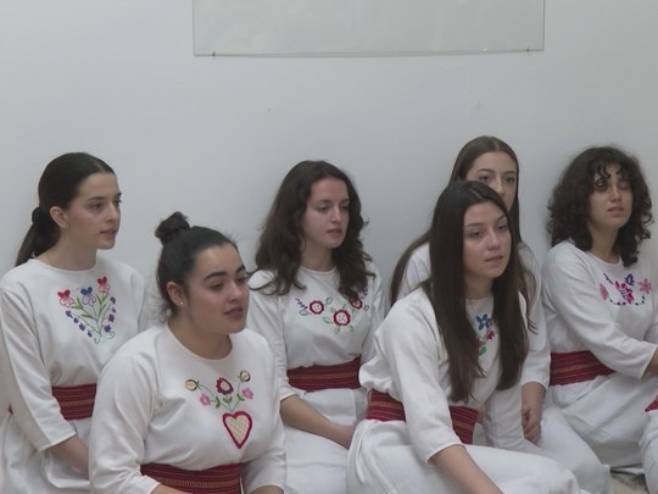Each year, dozens of applications from Bosnia and Herzegovina (BiH) are submitted to the European Court of Human Rights (ECHR) in Strasbourg, alleging violations of individual rights. The trial against the President of the Republika Srpska, Milorad Dodik, before the Court of BiH has reignited discussions on whether such complaints could expose the actions of high representatives and their extraconstitutional measures in BiH.
The ECHR is mandated to assess compliance with the European Convention on Human Rights and its protocols. Since BiH ratified this convention in 2002, every individual has the right to lodge an application if they believe their rights have been violated.
Christian Schmidt, whom Srpska officials claim lacks legitimacy as a high representative, has imposed several rules since assuming the position. Among these is the initiation of a trial against Dodik and Acting Director of the “Official Gazette of Republika Srpska,” Miloš Lukić, on charges of “disrespecting Christian Schmidt’s decisions.”
A Case against the High Representatives
There is speculation in political circles that Dodik’s trial could lead to the behavior of high representatives being evaluated in Strasbourg. Supporters of this idea argue that the decisions imposed by the Office of the High Representative (OHR), which allegedly violated individuals’ rights, should also be challenged through this legal avenue.
Milorad Kojić, an SNSD representative in the BiH Parliamentary Assembly, recently highlighted the potential of forwarding such cases to Strasbourg. Citing the example of an earlier ruling by the ECHR, which found that retroactive application of the BiH Criminal Code in war crimes cases was unlawful, Kojić stated:
- “Cases must first pass through domestic legal institutions, including the BiH Constitutional Court, before individuals can appeal to Strasbourg. The Republika Srpska cannot appear as a party before the ECHR, but individuals who feel their rights were violated due to the high representatives’ imposed decisions can.”
Dodik’s trial as a test case
Kojić believes the outcome of Dodik’s trial could provide grounds for further legal challenges, regardless of the verdict:
- “Even if the verdict is acquittal, an appeal should be filed to seek a review of whether Schmidt’s actions violated human rights and whether the trial adhered to valid laws. A ruling in Strasbourg acknowledging such violations could pave the way for broader scrutiny of the OHR’s decisions,” Kojić argued.
Challenges in Strasbourg
Constitutional law expert Radomir Lukić supports the idea of pursuing this legal path but remains skeptical about a favorable outcome. He recalled a past decision where the ECHR dismissed the case of 26 former BiH officials removed by former High Representative Paddy Ashdown in 2004. The court held that such actions were outside its jurisdiction, citing the high representative’s mandate under UN resolutions.
- “The ECHR has consistently avoided addressing acts by the high representatives, claiming it is beyond their competence. They argue that the high representatives operate under UN authority to preserve global peace, which falls under UN jurisdiction,” Lukić explained.
Despite his skepticism, Lukić acknowledges that there is a procedural path:
- “One can file an appeal to the BiH Constitutional Court. If dissatisfied, the case can proceed to Strasbourg. However, based on past experiences, the court seems unwilling to challenge the high representatives’ legislative actions.”
Timeframes for filing applications
Applicants have four months from the final decision of the highest domestic judicial body (the BiH Constitutional Court) to file an application with the ECHR. If this deadline is missed, the court will not accept the case.
While the ECHR cannot annul domestic decisions or repeal laws, its rulings have influenced legal reforms and practices in various member states. Whether a case against the high representatives could have a similar impact remains uncertain but is a subject of growing interest and debate.
Source: Glas Srpske








